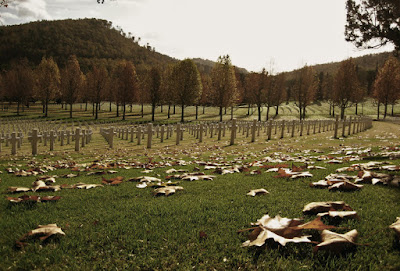Imagination of Conflict in History

One can, and often does, read history as a narrative of conflicts. The school-book history is designed as a sequence of wars and winners, its causes and aftermaths. Even when one wants to get away from the history of celebrities, which our stories of Kings, Queens and great men (and some women) usually are, our thematic narratives of Colonialism, Class Struggle, Revolutions and even Scientific Progress are usually built around conflicts - of powers, institutions and ideas - progressing and regressing in some sort of eternal motion. One may claim that all history, therefore, is history of conflicts. However, it is equally possible to see that our ideas shape conflicts. I have three favourites - the Iron Curtain, the Clash of Civilisations and the Thucydides Trap - ideas that defined our past, the present and possibly the future conflicts. So, when Churchill was speaking at Fulton, Missouri, in March 1946, he conjured up the Iron Curtain , a dividing line from the 'Fre...